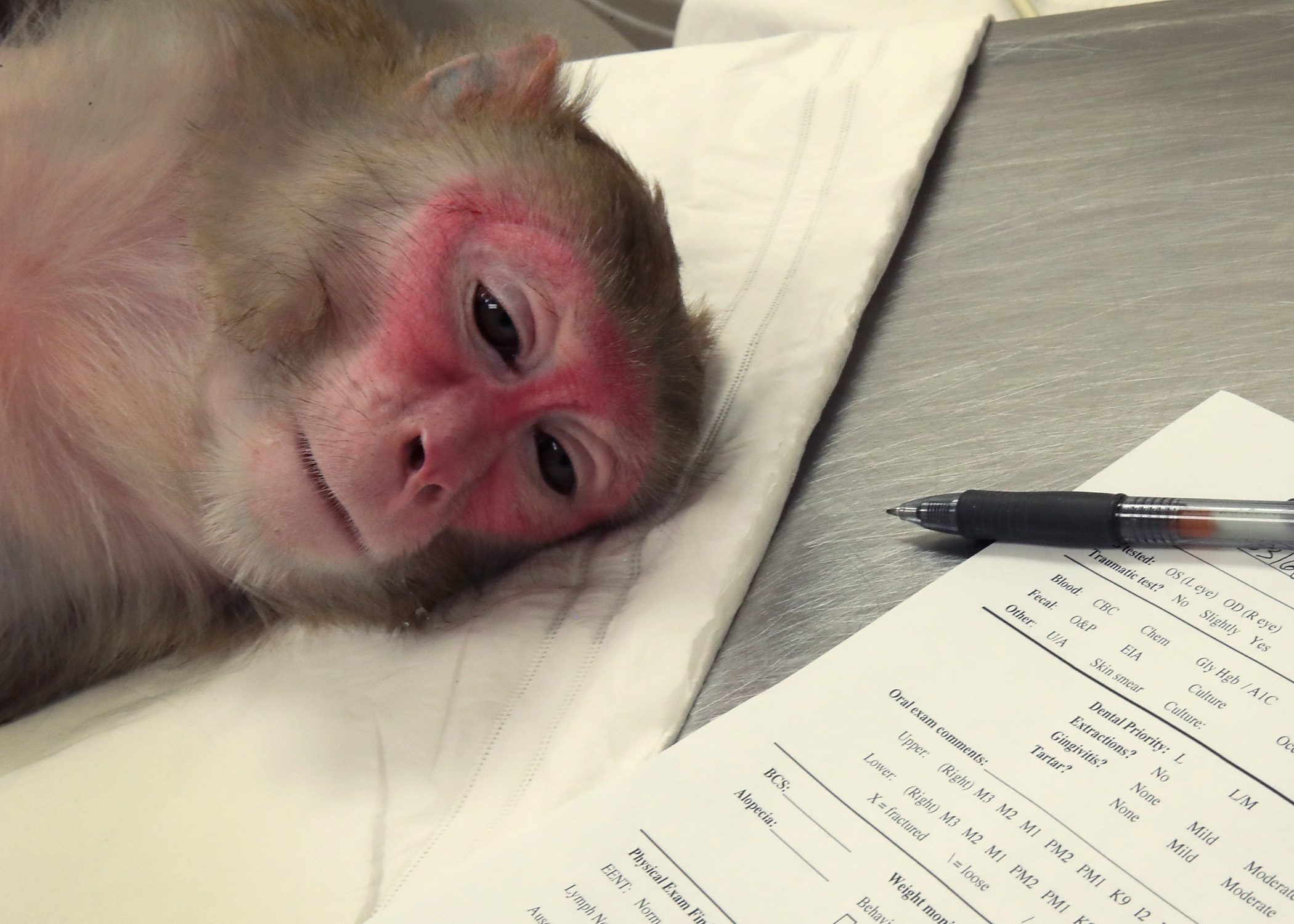A medical doctors team has filed a complaint with the U.S. Department of Agriculture, alleging that Elon Musk’s brain-laptop interface company Neuralink and its research partners at the University of California Davis experienced violated the Animal Welfare Act (AWA) throughout experiments of Neuralink’s mind implant with 23 monkeys concerning 2018 and 2020.
The Physicians Committee for Liable Drugs (PCRM), a Washington D.C.-dependent nonprofit with far more than 17,000 healthcare expert customers, filed the grievance on Thursday, urging the USDA’s Animal and Plant Wellbeing Inspection Services to investigate the experiments, which ended up conducted at UC Davis’ California Nationwide Primate Research Centre from early 2018 to late 2020.
Subscribe to Observer’s Company Newsletter
In a duplicate of the complaint found by Observer, PCRM alleged that many of the monkeys applied in the Neuralink analyze “experienced excessive suffering as a outcome of inadequate animal treatment and the remarkably invasive experimental head implants all through the experiments.â€
Neuralink’s mind implant course of action will involve drilling a little hole in an animal’s cranium and inserting a coin-sized wi-fi chip in a particular place of the mind.
“These hugely invasive implants and their involved components, which are inserted in the brain following drilling holes in the animals’ skulls, have made recurring infections in the animals, considerably compromising their health and fitness, as very well as the integrity of the study,†PCRM reported in the complaint, citing evidence in experiment protocols and veterinary documents it had received from UC Davis under California’s open records legislation.
The criticism also alleged that Neuralink and UC Davis researchers had numerous periods violated the experiment protocol authorised by the university’s Institutional Animal Treatment and Use Committee (IACUC). In one particular instance, scientists made use of “Bioglue,†a surgical adhesive not accredited in the experiment protocol, to fill the room amongst two implants in a monkey’s head.
In April 2021, Neuralink unveiled a a few-moment movie displaying a nine-12 months-aged monkey named Pager, who experienced two Neuralink chips implanted, taking part in a video sport with just his thoughts.
“I have a good deal of skepticism about that entire online video,†Jeremy Beckham, PCRM’s analysis advocacy coordinator who authored the complaint, explained to Observer. “The information we have from UC Davis suggest that all the monkeys who had hardware place in their heads experienced from really serious debilitated conditions—their implants acquired contaminated a number of experienced seizures a couple of of them died in a several days…But Pager in the YouTube online video appeared like a rather nutritious monkey.â€
“Also, the hardware described in the animal use protocol includes what’s named a ‘pillbox’ connector that goes on the major of a monkey’s head. None of that is shown in the YouTube video clip,†he added.
Paperwork received by PCRM indicated that 16 of the 23 monkeys applied in the review received brain implants. The other 7 “surgically naive†monkeys were being transported from the UC Davis facility to Neuralink in November 2020, two months after PCRM submitted an open data request to the college for information linked to the research.
Neuralink hasn’t responded to an Observer inquiry for comment. In the YouTube video, posted on April 8, 2021, a narrator explained Pager received the implant six weeks prior to the demo.
Also on Thursday, PCRM submitted a lawsuit from UC Davis in the California Outstanding Court of Yolo County, requesting that the court difficulty a “Writ of Mandate†directing the university to supply images, video clip footage, researcher codes, and the identification range of just about every monkey applied in the Neuralink review.
UC Davis has not responded to an Observer inquiry for comment. A college spokesperson told Fortune that the university experienced “fully complied with the California General public Information Act in responding to [PCRM’s] request.â€
In a established of emails to PCRM in August 2021 and September 2021, according to the lawsuit, the university stated it doesn’t individual any of the photos or video clip footages associated to the review for the reason that “Neuralink put in, managed, and subsequently taken out all of their computing and storage systems†from the experiment facility.
Monkeys were being not the initial animals Neuralink experimented with. In August 2020, the business produced a demo displaying how its robotic surgeon mounted brain chips in pigs. That experiment was conducted at a non-public facility owned by Neuralink, making it not possible for outsiders to examine.
“It’s seriously difficult to peek within and see what is likely on. All of their facts is proprietary right until they submit a thing for Fda acceptance. And they’ve never ever submitted something for Food and drug administration approval,†Beckham mentioned. “That’s why when they partnered with UC Davis, it was a uncommon prospect, because UC Davis is a public college and they are subject matter to certain guidelines that need them to be transparent.â€
According to its web page, just one of PRCM’s missions is to stage out the use of animals in scientific analysis and education. Beckham reported the group, a 501(c) nonprofit, is funded generally by its associates and does not have any partisan affiliations.

